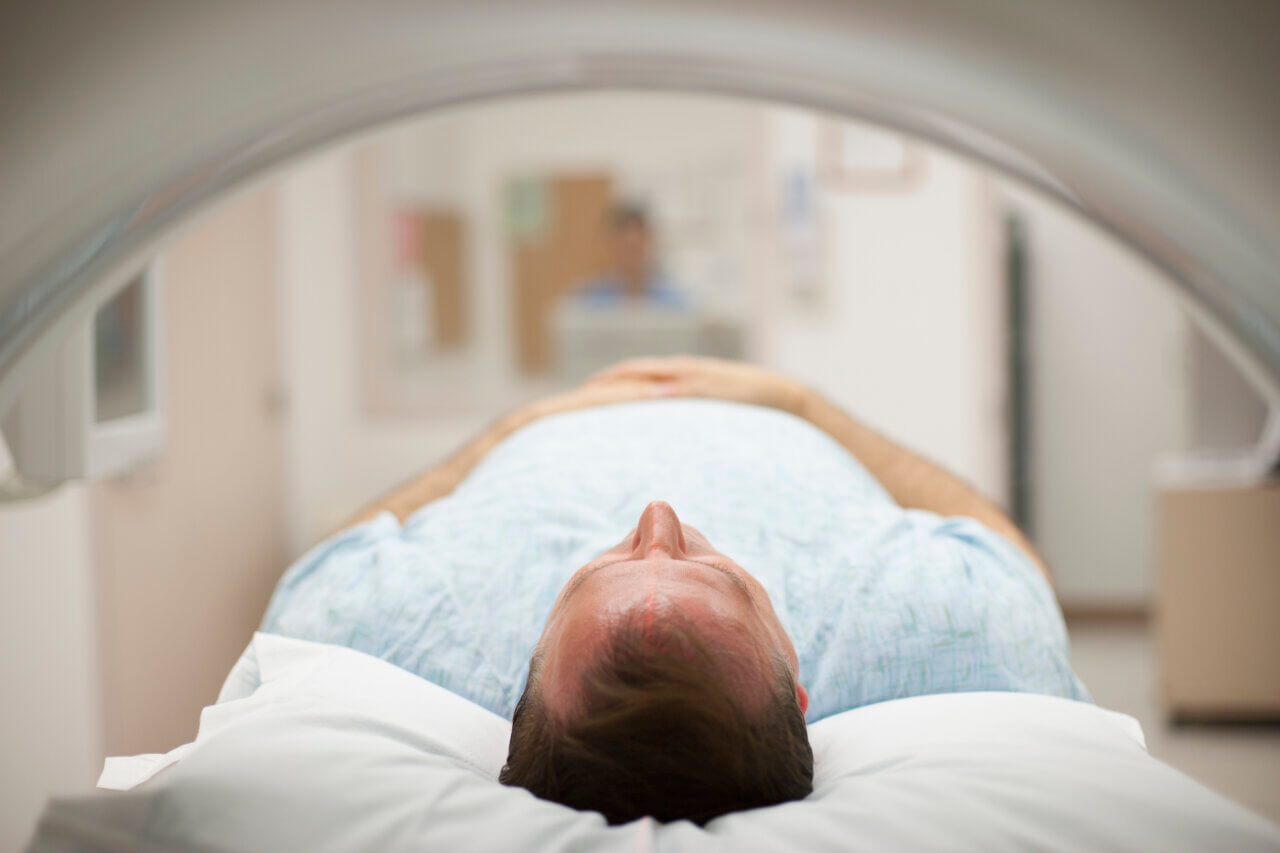MRI Safety
Course Overview: The MRI Safety Course is designed to provide healthcare professionals, technicians, and personnel working with magnetic resonance imaging (MRI) equipment with a comprehensive understanding of MRI safety principles and practices. This course consists of six (6) modules, each focusing on specific aspects of MRI safety. Participants will gain knowledge and skills necessary to ensure the safe operation of MRI equipment, minimize risks to patients and staff, and create a secure environment for MRI procedures.
Course Objectives: By the end of the MRI Safety Course, participants will be able to:
Module 1: MRI Safety- Bioeffects
- Describe the fundamental principles of MRI technology and how it interacts with biological tissues.
- Explain the concept of bioeffects in the context of MRI exposure for both patients and personnel.
- Identify specific factors that contribute to potential bioeffects during MRI procedures.
- Evaluate the significance of different types of bioeffects on patient safety and outcomes.
- Develop strategies to mitigate and prevent bioeffects, ensuring the well-being of individuals exposed to MRI.
- Compare and contrast the risks associated with various MRI settings (e.g., strength of magnetic field, duration of exposure) in relation to bioeffects.
- Formulate guidelines and recommendations for maintaining safe MRI practices while minimizing potential bioeffects.
Module 2: MRI Safety- Burns
- Define the causes and mechanisms behind MRI-related burns, including radiofrequency heating and electrical currents.
- Outline the importance of proper patient positioning and monitoring to reduce the risk of burns.
- Develop protocols to regulate the power and duration of radiofrequency pulses, mitigating burn risks during scans.
- Establish guidelines for appropriate patient clothing and accessories to minimize burn risks.
- Demonstrate the ability to respond effectively to burn incidents, providing prompt first aid and medical attention.
- Collaborate with relevant stakeholders to review and improve burn prevention protocols in MRI facilities.
- Participate in simulated scenarios to practice quick and efficient response strategies in the event of a burn incident.
Module 3: MRI Safety- Identifying & Managing Risk
- Identify potential hazards and risks associated with MRI procedures, considering factors such as magnetic fields, contrast agents, and patient conditions.
- Apply risk assessment techniques to evaluate the severity and likelihood of identified risks.
- Prioritize risks based on their potential impact and develop corresponding risk mitigation strategies.
- Formulate comprehensive protocols and guidelines that address various aspects of MRI safety within a healthcare setting.
- Collaborate with interdisciplinary teams to review and update risk management plans regularly.
- Conduct thorough safety audits to assess the effectiveness of risk management strategies and make necessary improvements.
- Communicate risk management protocols clearly to all personnel involved in MRI procedures to ensure consistent implementation.
Module 4: MRI Safety- Implants and Foreign Bodies
- Differentiate between different types of implants and foreign bodies and their compatibility with MRI scans.
- Understand the potential risks and interactions associated with implants and foreign bodies in a magnetic field.
- Develop a systematic approach for assessing patients with implants and foreign bodies before MRI examinations.
- Collaborate with medical device manufacturers to gather information about MRI compatibility for specific implants.
- Create protocols for obtaining accurate patient histories and implant information during the screening process.
- Implement real-time communication strategies between MRI technologists and medical professionals regarding implant safety.
- Participate in case studies and workshops to enhance decision-making skills when dealing with patients carrying implants or foreign bodies.
Module 5: MRI Safety- Screening and Patient Preparation
- Familiarize yourself with standardized safety screening protocols and their importance in MRI safety.
- Demonstrate the ability to gather comprehensive patient histories and identify potential contraindications for MRI scans.
- Create a checklist for patient preparation, including clothing, accessories, and communication of safety guidelines.
- Apply effective communication skills to educate patients about the MRI procedure, addressing any concerns or questions they may have.
- Evaluate the impact of patient anxiety and claustrophobia on safety screening and preparation, and develop strategies to address these challenges.
- Participate in role-playing exercises to practice effective communication with patients during safety screening.
- Collaborate with interdisciplinary teams to continuously improve safety screening protocols and adapt them to evolving patient needs.
Module 6: MRI Safety- The Environment of Care
- Identify key environmental factors within MRI facilities that can impact safety, including magnetic fields, equipment, and emergency procedures.
- Develop protocols to ensure proper installation and maintenance of MRI equipment, minimizing safety risks.
- Collaborate with facility managers to establish guidelines for safe layout and design of MRI spaces.
- Formulate emergency response plans tailored to MRI settings, accounting for scenarios like quenching of the magnet or patient emergencies.
- Implement regular safety checks and quality assurance measures for both equipment and facilities.
- Participate in simulated emergency scenarios to practice effective response and coordination with other personnel.
- Continuously update safety protocols based on lessons learned from real-world incidents and best practices in MRI safety.
Assessment and Certification: Participants will be evaluated through quizzes and practical exercises at the end of each module. Successful completion of all modules and assessments will lead to a comprehensive MRI Safety Certification, demonstrating the participant's competency in ensuring Level I-II, MRI safety for patients, staff, and the environment.
Target Audience:
- MRI Technologists and Technicians
- Radiologic Technologists
- Radiologists
- Nurses and Nurse Practitioners
- Medical and Healthcare Administrators
- Biomedical Engineers
- Any healthcare professionals involved in MRI procedures or safety management.


